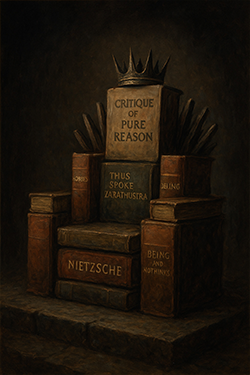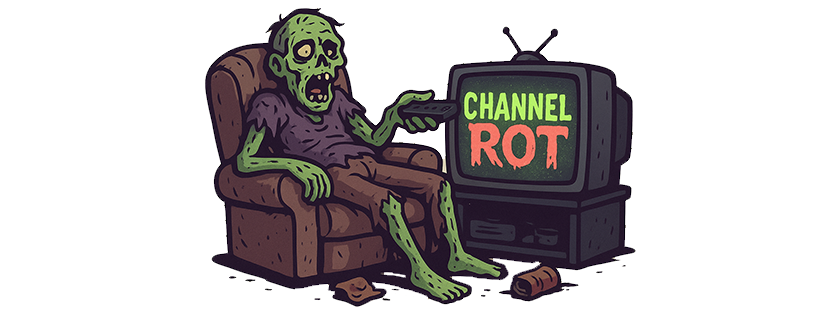
Game of Thrones: The Philosopher’s Bloodbath
Game of Thrones invites viewers into a world where moral ambiguity reigns, and human nature is as fluid as the blood spilled across its many battlefields. Ah, yes, we are treated to a veritable buffet of ethically questionable characters, each one more despicable than the last, and yet somehow, still, we root for them. Perhaps this is the show’s greatest philosophical achievement: forcing us to question whether our values should be dictated by the survival instinct or by a grander moral vision.
At its core, the show could be a modern day Leviathan, Hobbes’ vision of life as “solitary, poor, nasty, brutish, and short” played out in all its brutal glory. But let’s not kid ourselves: the “Game” in Game of Thrones isn’t about noble kings or noble deeds. It’s a game of human ambition, raw power, and the inevitably tragic consequences of unrestrained desire.
We’re treated to an endless cycle of betrayal, murder, and backstabbing, where true nobility is a fantasy no one can afford. Nietzsche would be proud. It’s a world where only the will to power survives, and those who cling to concepts like “honor” and “justice” are quickly discarded like so many lifeless corpses.
Ultimately, Game of Thrones is an existential playground, an exploration of humanity’s darkest instincts wrapped in a high-budget medieval cloak. After all, when you come to the end of a bloody story, is there really any such thing as a “happy ending”?
